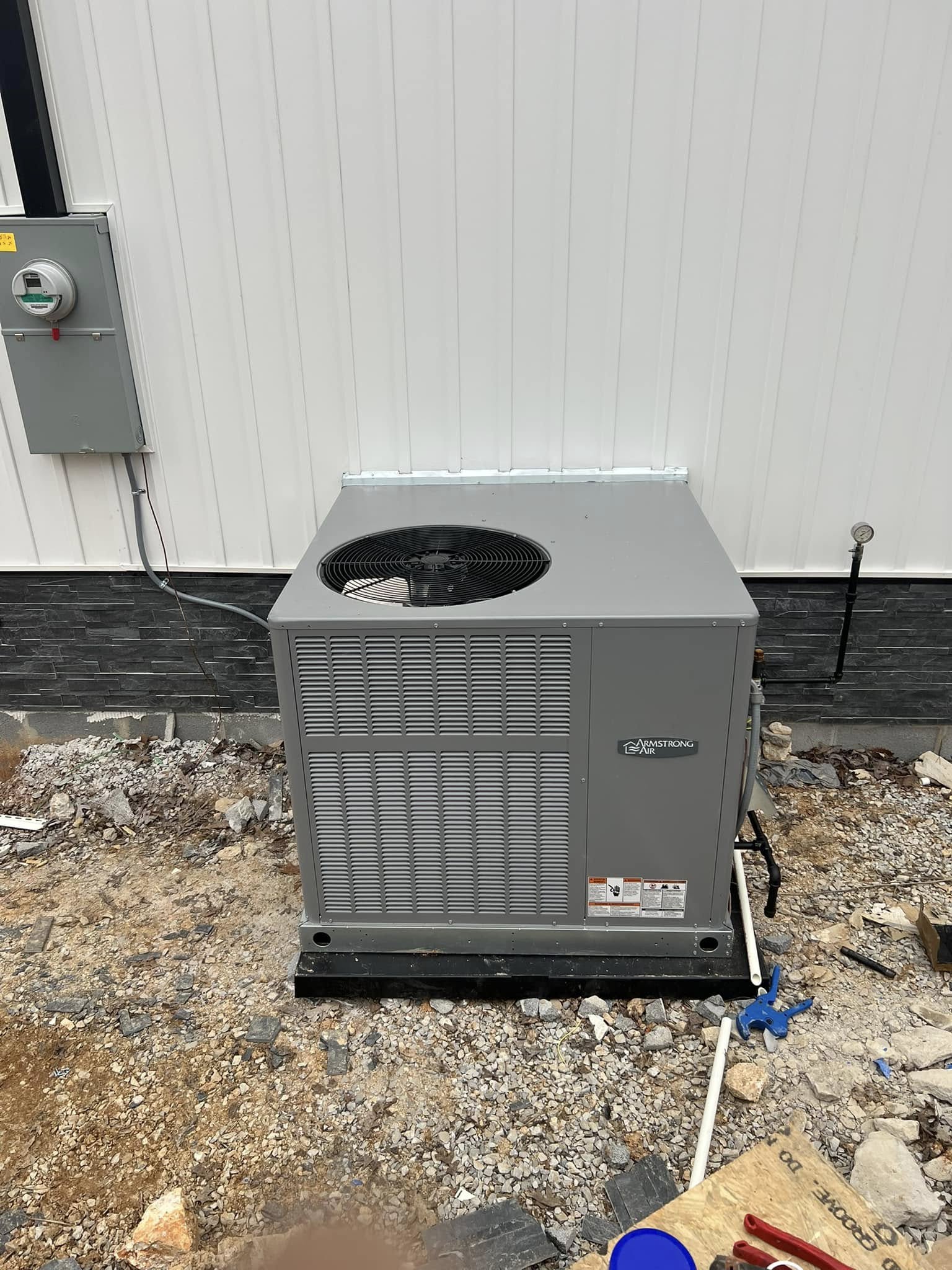
Choosing the Right HVAC System: A Guide to Meeting Your Home's Needs Oct 23, 2025
First and foremost, understanding the different types of HVAC systems is fundamental. The most common systems include central air conditioners, heat pumps, and ductless mini-splits. Each type has its own advantages and is suited to different types of homes and climates. Central air conditioners are often ideal for larger homes due to their ability to efficiently cool widespread areas. Heat pumps are multi-functional, providing both heating and cooling, which makes them perfect for regions with moderate climates. Ductless mini-splits, on the other hand, offer versatility and are great for homes without existing ductwork or for room-specific temperature control.
Another critical factor to consider is the size of the HVAC system. The old adage "bigger is better" does not apply here. An oversized unit may lead to inefficient performance, causing frequent cycling, which undercuts energy efficiency and increases utility bills. Conversely, an undersized unit will struggle to maintain a comfortable temperature, putting unnecessary strain on the system and shortening its lifespan. Conducting a load calculation, which considers factors such as the home's size, insulation, and local climate, is essential to determine the right size for your HVAC system.
Energy efficiency is another significant consideration. As energy prices rise, investing in an energy-efficient system can lead to substantial long-term savings. Look for HVAC systems with a high Seasonal Energy Efficiency Ratio (SEER) rating for air conditioners or a high Heating Seasonal Performance Factor (HSPF) rating for heat pumps. Units with ENERGY STAR certification meet rigorous standards for energy efficiency and environmental protection, making them an ideal choice for homeowners looking to reduce their carbon footprint.
Additionally, incorporating smart technology into your HVAC system can enhance both efficiency and convenience. Smart thermostats allow you to control your system remotely, learn your scheduling habits, and automatically adjust settings to optimize comfort when you’re home and save energy when you’re not. This innovation not only enhances your convenience but also helps lower your energy costs over time.
Beyond these technical considerations, always factor in installation and maintenance. A well-installed and regularly maintained HVAC system will perform better and last longer. At Paul Proffitt Heating & Air, our experienced technicians ensure that installation is handled with precision and care. We also offer comprehensive maintenance services to keep your system running smoothly year-round.
In conclusion, selecting the right HVAC system is a combination of understanding your home’s specific needs, considering system types and sizes, prioritizing energy efficiency, and ensuring professional installation and maintenance. By taking the time to assess these factors, you can ensure that your investment in an HVAC system will provide comfort and efficiency for years to come. If you’re ready to find the perfect fit for your home, reach out to Paul Proffitt Heating & Air; our team is ready to assist you every step of the way.
/filters:no_upscale()/media/7fe298bf-aa49-409a-882d-d777bf1f842e.jpg)
/filters:no_upscale()/filters:format(webp)/media/88373036-6f28-4883-8ece-53a6586bd6e9.jpg)